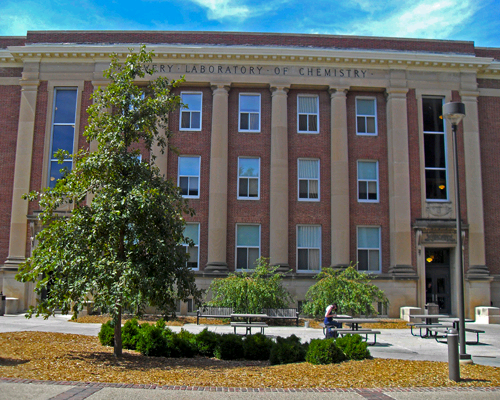
As computer systems get more and more complex, it becomes increasingly cost prohibitive for people to manage and maintain them manually. To deal with the increasing complexity of large-scale systems, computers and applications must learn to manage themselves in accordance with high-level guidance from humans – a vision that has been referred to as autonomic computing. Research on autonomic computing falls into four categories: self-configuration, self-optimization, self-healing and self-protection, with emphasis on functionality, performance, availability and security aspects respectively.
This course will cover the fundamental science of autonomic computing systems. A broad spectrum of topics will be covered encompassing the autonomic computing paradigm; research issues and challenges pertaining to autonomic computing; the state-of-art in building self-configuring, self-optimizing, self-healing and self-protecting computer systems; the link between autonomic computing to other technologies (such as cloud computing, virtualization, on-demand computing, and energy-efficient computing).
The course will be taught by Dr. Lu and you are welcome to contact her at (402) 472-5793 or at ylu@cse.unl.edu for more information.